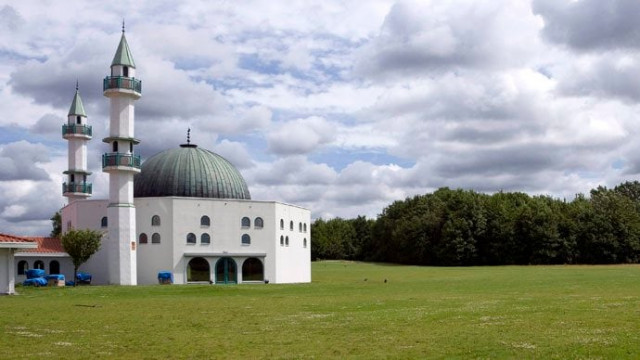New Ramazan rules to help Nordic Muslims in midnight sun
Sweden's Islamic Association says new guidelines are being worked out for coping with a sun that never sets

Picture shows the city of Malmoe's mosque, southern Sweden. PHOTO: AFP
Ramazan begins on June 18 this year -- three days before the longest day of the year -- when the sun blazes around the clock above the Arctic Circle and only sets for a few hours further south, presenting a problem for Muslims who are meant to fast until sunset.
"We've got two difficult questions, not just when you can break the fast in the north but also when you should start fasting," Mohammed Kharraki, a spokesperson for Sweden's Islamic Association, told AFP.
Read: If I live in Finland, do I have to fast for 23 hours a day?
"You're supposed to start fasting before the sun rises, at dawn. But there is no real dawn in the summer months in Stockholm."
In previous years Muslims in sub-Arctic towns like Kiruna were advised to break their fast at the same time as people in the south but a meeting of Swedish and European imams in northern Sweden this week recommended a new approach.
"Now you should go by the last time the sun clearly set and rose," said Kharraki, adding that detailed guidelines were still being worked out and could also involve breaking the fast in the early evening to be more in line with the rest of the world.
Read: UK school bans students from fasting during Ramazan
The new rules being drawn up by a pan-European association -- the European Council for Fatwa and Research -- are expected to apply across the continent and will include advice on situations where Muslims can break the fast to avoid collapsing from lack of food and water.
"People can try to fast for 19 hours but not handle it. That's not the idea... If you don't manage to do your work or stay on your feet, then it's time to break the fast," said Kharraki.



















COMMENTS
Comments are moderated and generally will be posted if they are on-topic and not abusive.
For more information, please see our Comments FAQ